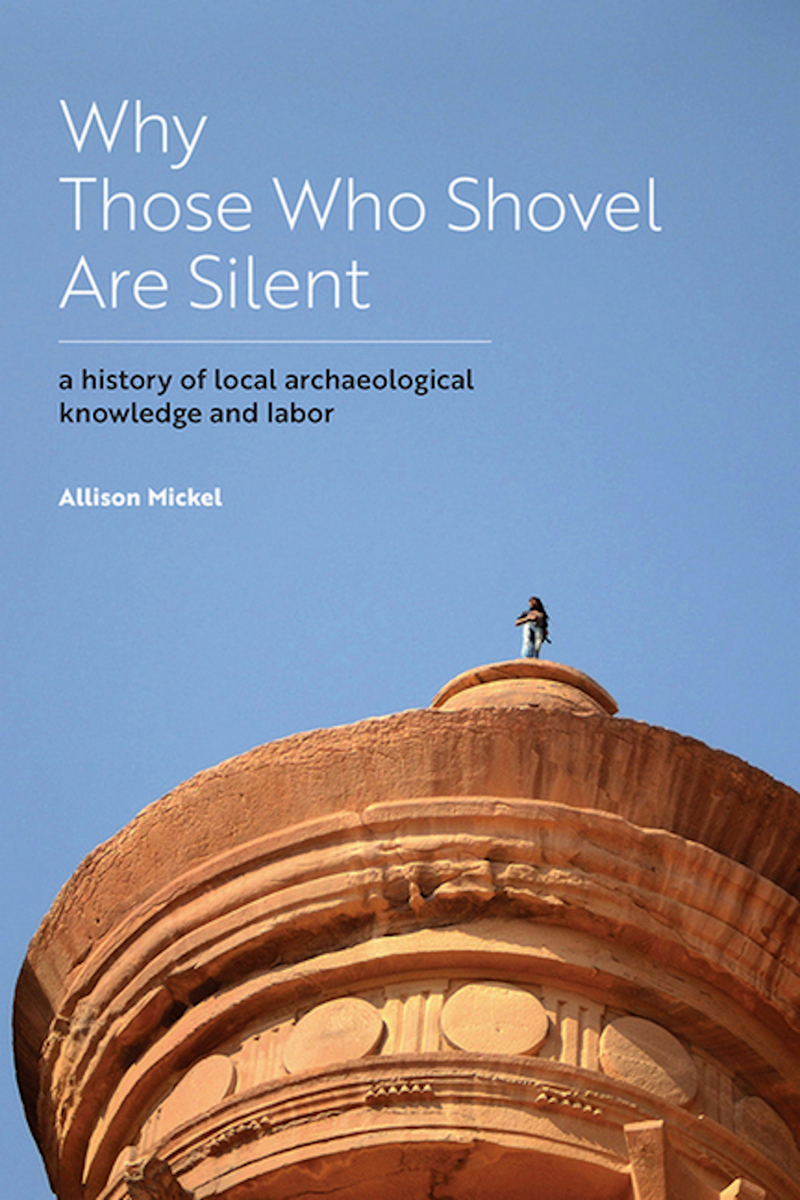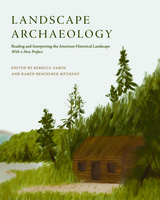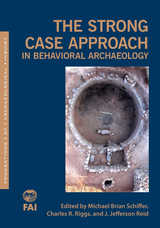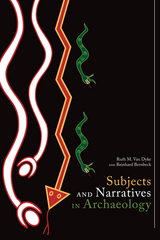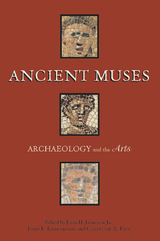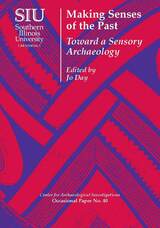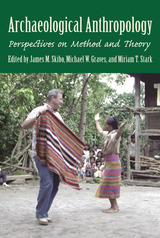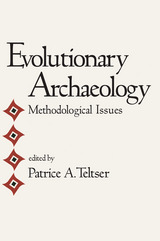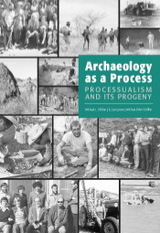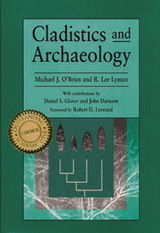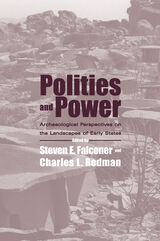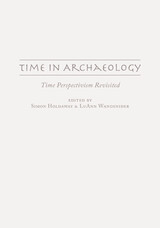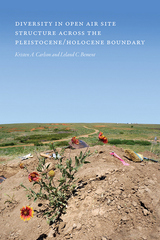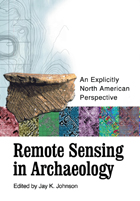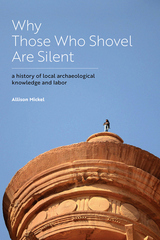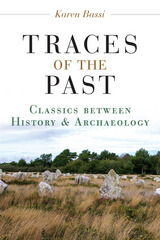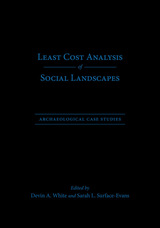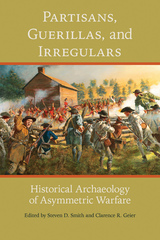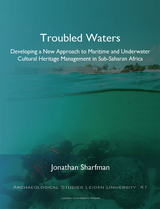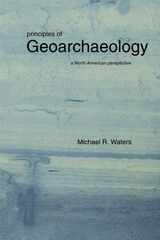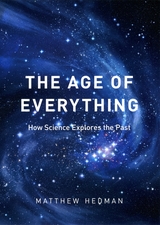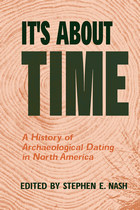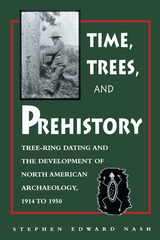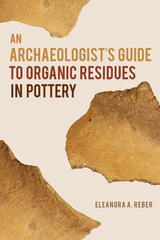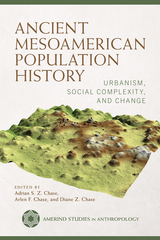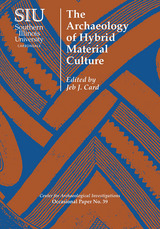Why Those Who Shovel Are Silent: A History of Local Archaeological Knowledge and Labor
University Press of Colorado, 2020
Paper: 978-1-64642-126-8 | Cloth: 978-1-64642-114-5 | eISBN: 978-1-64642-115-2
Library of Congress Classification CC77.C66M53 2021
Dewey Decimal Classification 930.1
Paper: 978-1-64642-126-8 | Cloth: 978-1-64642-114-5 | eISBN: 978-1-64642-115-2
Library of Congress Classification CC77.C66M53 2021
Dewey Decimal Classification 930.1
ABOUT THIS BOOK | AUTHOR BIOGRAPHY | REVIEWS | TOC | REQUEST ACCESSIBLE FILE
ABOUT THIS BOOK
For more than 200 years, archaeological sites in the Middle East have been dug, sifted, sorted, and saved by local community members who, in turn, developed immense expertise in excavation and interpretation and had unparalleled insight into the research process and findings—but who have almost never participated in strategies for recording the excavation procedures or results. Their particular perspectives have therefore been missing from the archaeological record, creating an immense gap in knowledge about the ancient past and about how archaeological knowledge is created.
Why Those Who Shovel Are Silent is based on six years of in-depth ethnographic work with current and former site workers at two major Middle Eastern archaeological sites—Petra, Jordan, and Çatalhöyük, Turkey—combined with thorough archival research. Author Allison Mickel describes the nature of the knowledge that locally hired archaeological laborers exclusively possess about artifacts, excavation methods, and archaeological interpretation, showing that archaeological workers are experts about a wide range of topics in archaeology. At the same time, Mickel reveals a financial incentive for site workers to pretend to be less knowledgeable than they actually are, as they risk losing their jobs or demotion if they reveal their expertise.
Despite a recent proliferation of critical research examining the history and politics of archaeology, the topic of archaeological labor has not yet been substantially examined. Why Those Who Shovel Are Silent employs a range of advanced qualitative, quantitative, and visual approaches and offers recommendations for archaeologists to include more diverse expert perspectives and produce more nuanced knowledge about the past. It will appeal to archaeologists, science studies scholars, and anyone interested in challenging the concept of “unskilled” labor.
Why Those Who Shovel Are Silent is based on six years of in-depth ethnographic work with current and former site workers at two major Middle Eastern archaeological sites—Petra, Jordan, and Çatalhöyük, Turkey—combined with thorough archival research. Author Allison Mickel describes the nature of the knowledge that locally hired archaeological laborers exclusively possess about artifacts, excavation methods, and archaeological interpretation, showing that archaeological workers are experts about a wide range of topics in archaeology. At the same time, Mickel reveals a financial incentive for site workers to pretend to be less knowledgeable than they actually are, as they risk losing their jobs or demotion if they reveal their expertise.
Despite a recent proliferation of critical research examining the history and politics of archaeology, the topic of archaeological labor has not yet been substantially examined. Why Those Who Shovel Are Silent employs a range of advanced qualitative, quantitative, and visual approaches and offers recommendations for archaeologists to include more diverse expert perspectives and produce more nuanced knowledge about the past. It will appeal to archaeologists, science studies scholars, and anyone interested in challenging the concept of “unskilled” labor.
See other books on: Community archaeology | Çatal Mound | Jordan | Petra (Extinct city) | Turkey
See other titles from University Press of Colorado
